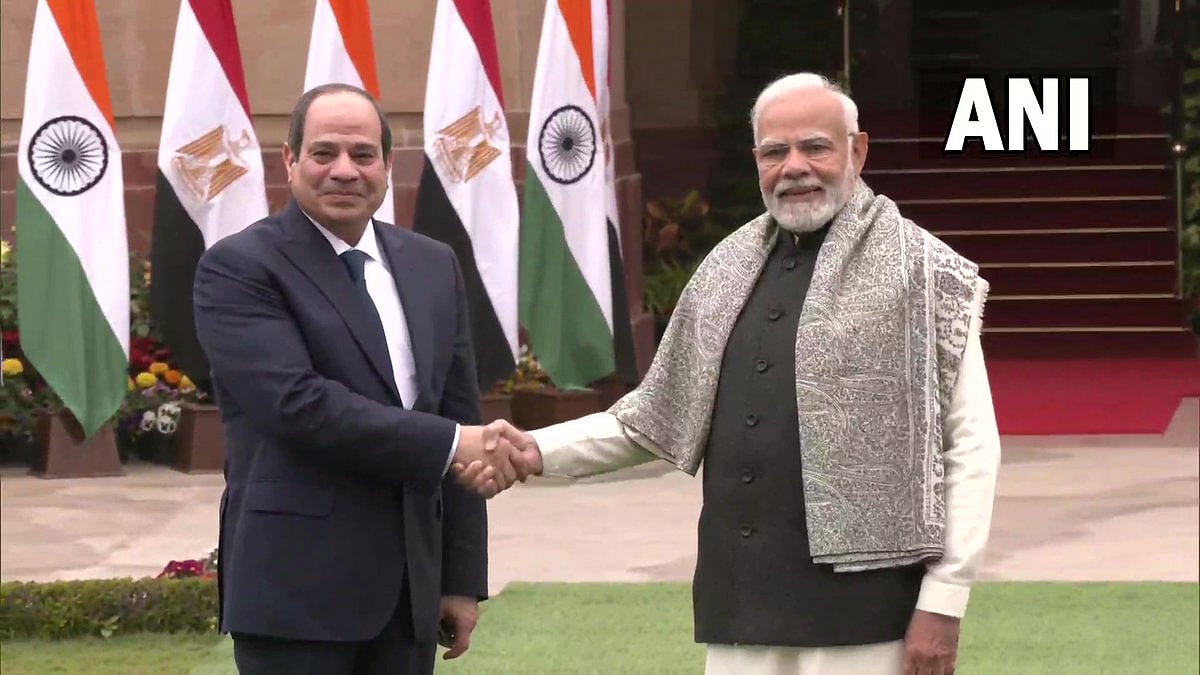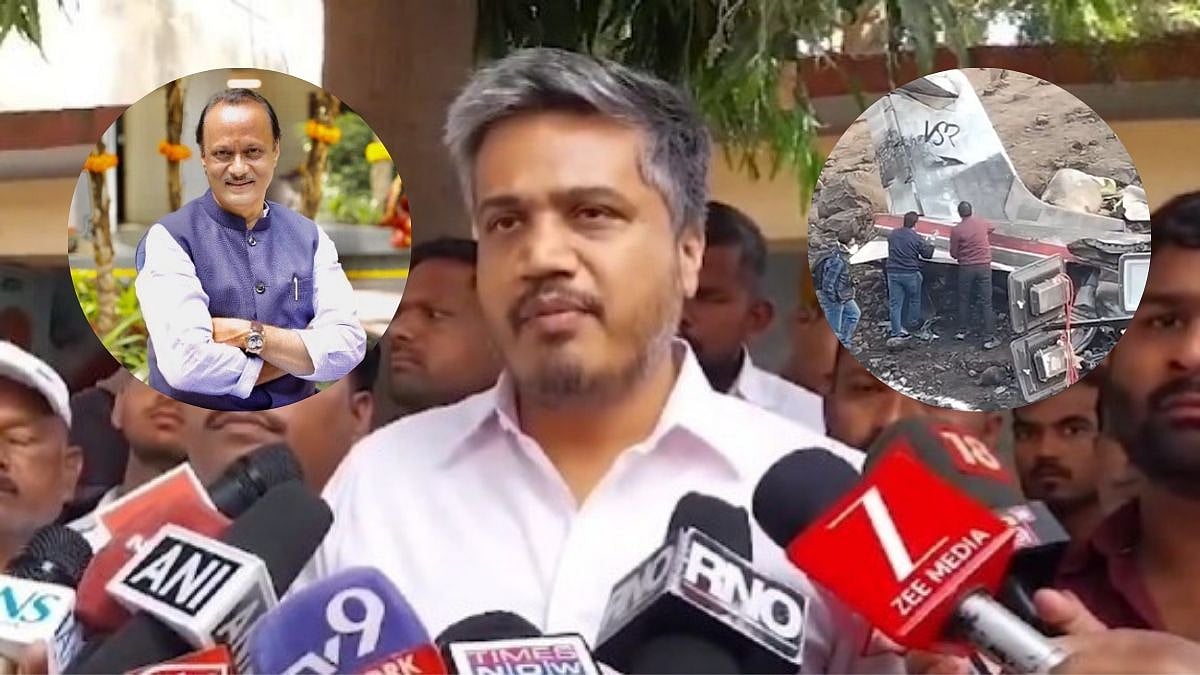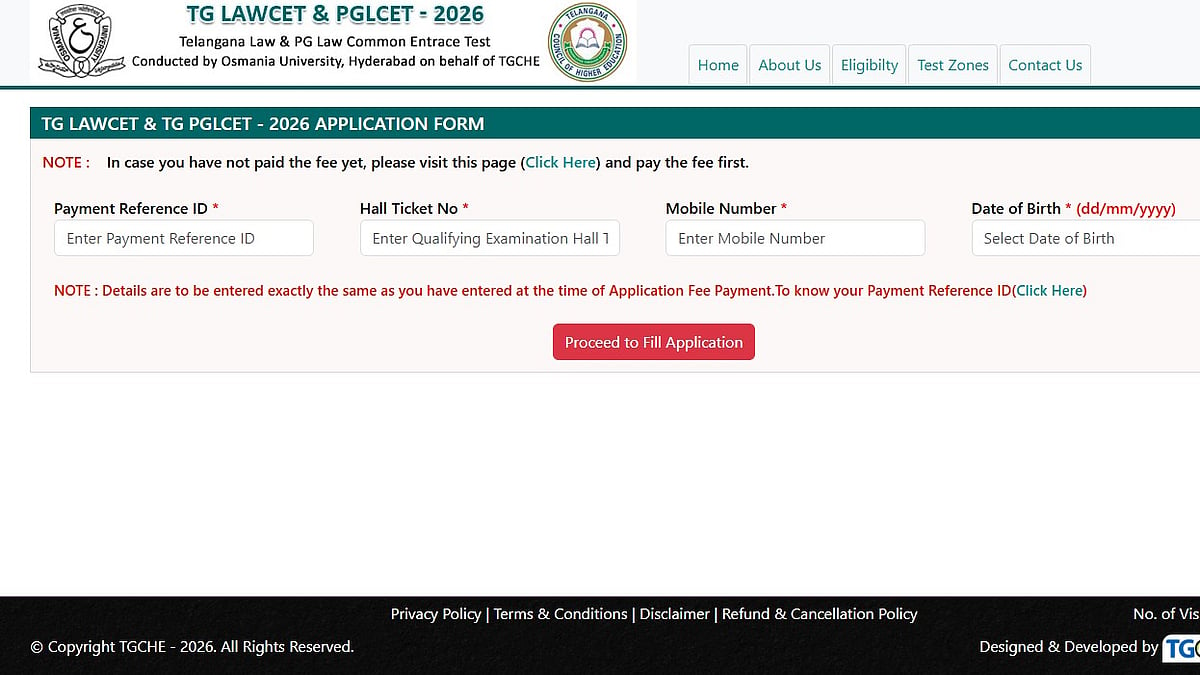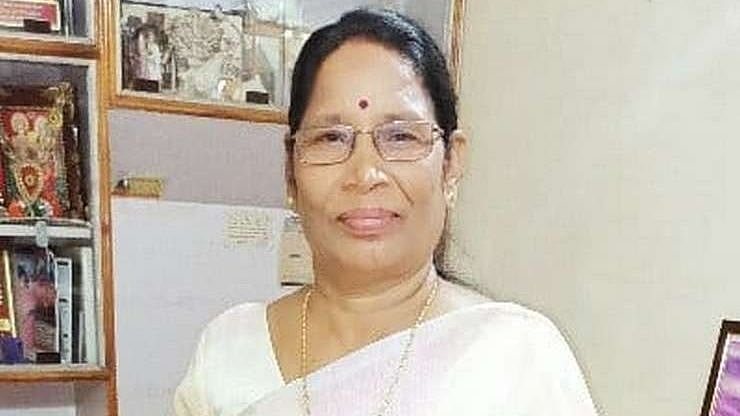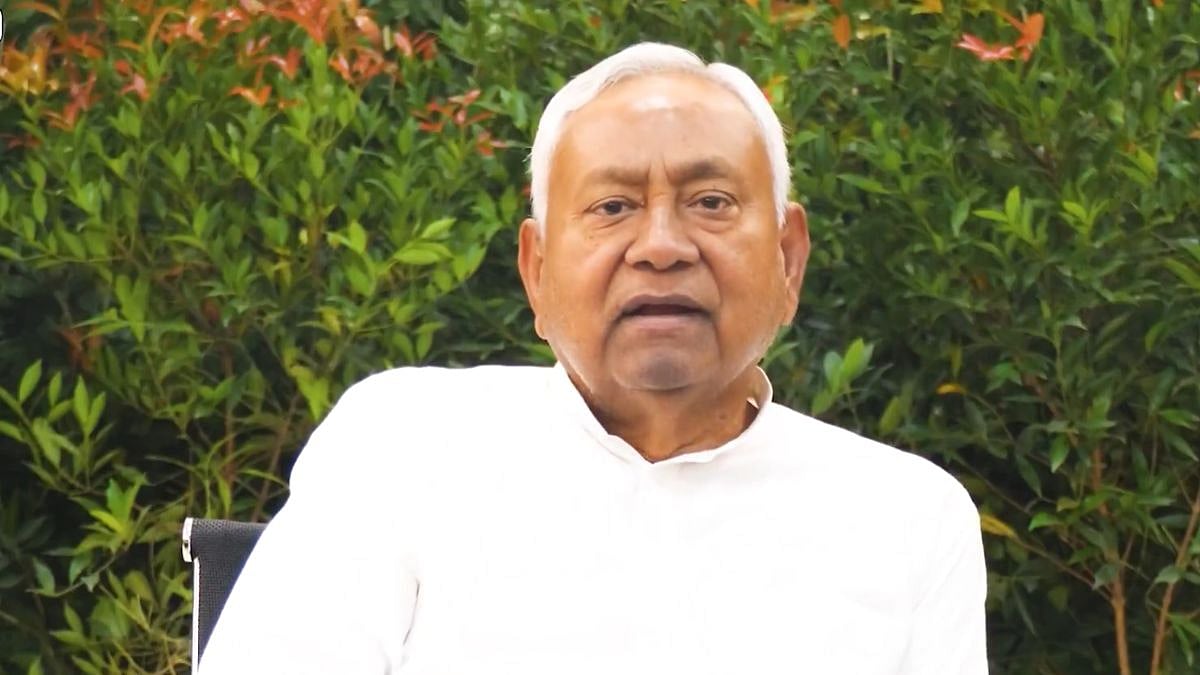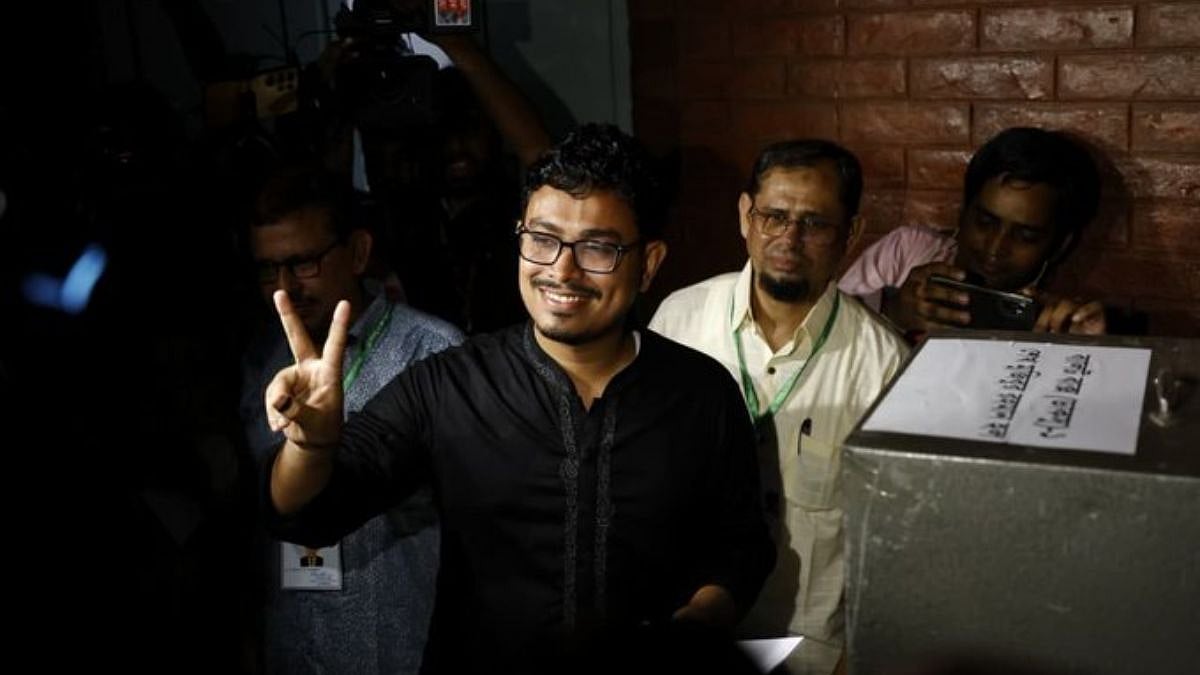Republic Day celebrations involve a series of events that commence with the chief guest’s arrival and end with the Beating of the Retreat at Vijay Chowk.
This year’s chief guest was the former army chief and current President of Egypt, Abdel Fattah El-Sisi. Interestingly it is the second Muslim head of state/government (excepting three Muslim ASEAN leaders) since Mohammed bin Zayed was invited in 2018, when still the Crown Prince of Abu Dhabi. He became president subsequently upon his elder brother’s demise.
Ironically, though India’s BJP-led Government favours majoritarian politics at home, its foreign policy is secular. Interests and not ideology dominate the selection of foreign interlocutors. This dichotomy was visible as Mr El-Sisi arrived even as the Government was preoccupied with banning a two-part BBC documentary tracing BJP’s handling of Indian Muslims since the 2002 Godhara riots. Prime Minister Narendra Modi was then the Gujarat Chief Minister. Thus, while the Prime Minister enveloped the Egyptian President in his trademark hug, many university campuses were polarised over the screening of the documentary. Resultantly the BBC production and the chief guest shared public space. The visit resulted in a mix of hyperbole and achievements.
Five cooperation agreements were signed covering culture, information technology, cyber security, youth affairs and broadcasting. The relationship was elevated to “strategic” level, conveying more an intent than a reality. Four sectors for closer engagement were identified. One is the political, defence and security fields.Then follow economic engagement, scientific and academic collaboration, culture and finally people-to-people contacts. These span quite a wide field. But much of it has been heard of since my first posting abroad as language-trainee to Cairo in 1976. Egypt under President Anwar Sadat had then begun straying from the Nasserite pro-Soviet orientation, pan-Arab consolidation and the Non-Aligned Movement (NAM). Therefore, unsurprisingly while India kept wooing Egypt with prime ministerial visits in 1985, 1995, 1997 and 2009 (for NAM), the Egyptian heads of state returned them only in 1982, 1983 (for NAM) and 2008, when Hosni Mubarak finally arrived.
At present Egypt faces a serious economic crisis. The Egyptian pound has lost half its value over the last year, even devalued weeks ago, a third time in a year. Inflation is galloping at 21% and The Economist magazine writes that one-third of the population is living on less than $2 per day. The Ukraine war seriously affected Egypt as it is the world’s largest importer of wheat, mainly from Ukraine and Russia. Additionally, Covid disrupted tourism, which constituted 5.1% of the GDP. Russian tourists were a significant part of the inflow.
Subsidised bread has been a mainstay of the average Egyptian’s daily food since the time of President Gamal Abdel Nasser (1954-70). When President Sadat under IMF pressure in 1977-78 reduced that subsidy he had to immediately reverse his decision after serious riots. From elite diplomatic residences in Zamalek, an island in the river Nile, tanks could be seen facing unarmed mobs. So Mr El-Sisi’s task is difficult — to deliver on the IMF’s demand that the Government prune its subsidies and diminish the state and military stranglehold over the economy.
India, we are told, is expanding its West Asian footprint to take up space being vacated by the U.S. That is at best a pipe dream. India does not have the military wherewithal to even project power fully in the Indian Ocean. On the pretext of safeguarding supply routes China now has a military base at the Horn of Africa in Djibouti.
What the El-Sisi visit means is that some incremental boost to bilateral cooperation, including trade, is possible. Two-way trade hovered around $4.5 billion annually during 2018-21. It has jumped to $7.26 billion in the last year with wheat exports etc. But with Egyptian economic troubles it cannot easily reach the targeted $12 billion. Similarly, cooperation in science and technology is difficult due to language and bureaucratic hurdles. Joint fighter plane development has remained a proposal since the 1960s. Terrorism is a shared concern but with little overlap of threat perception. For Egypt the Muslim Brotherhood and its convergence with Al Qaeda and Islamic State matters. For India it is Pakistani jihadis. But Egypt has great capability in monitoring and disrupting cyber recruitment and propaganda, mostly in Arabic.
Another irony manifests itself. India and Egypt were closest when NAM was created and the Nehru-Nasser friendship shone. The two grew distant when Egypt shifted to the U.S. camp and cut a separate deal with Israel in 1978 at Camp David. Both are re-converging when India has moved closer to the U.S. However, while India has adopted modified nonalignment, Egypt has concerns about the U.S. losing influence over Benjamin Netanyahu’s Israel. A radically right-wing Israel is threatening to undercut peace accords with Arab neighbours. But eventually the Indian ability to bridge these divides is handicapped by the BJP’s majoritarian biases. The banning of the BBC documentary is the latest symptom of the malaise.
KC Singh is former secretary, Ministry of External Affairs
